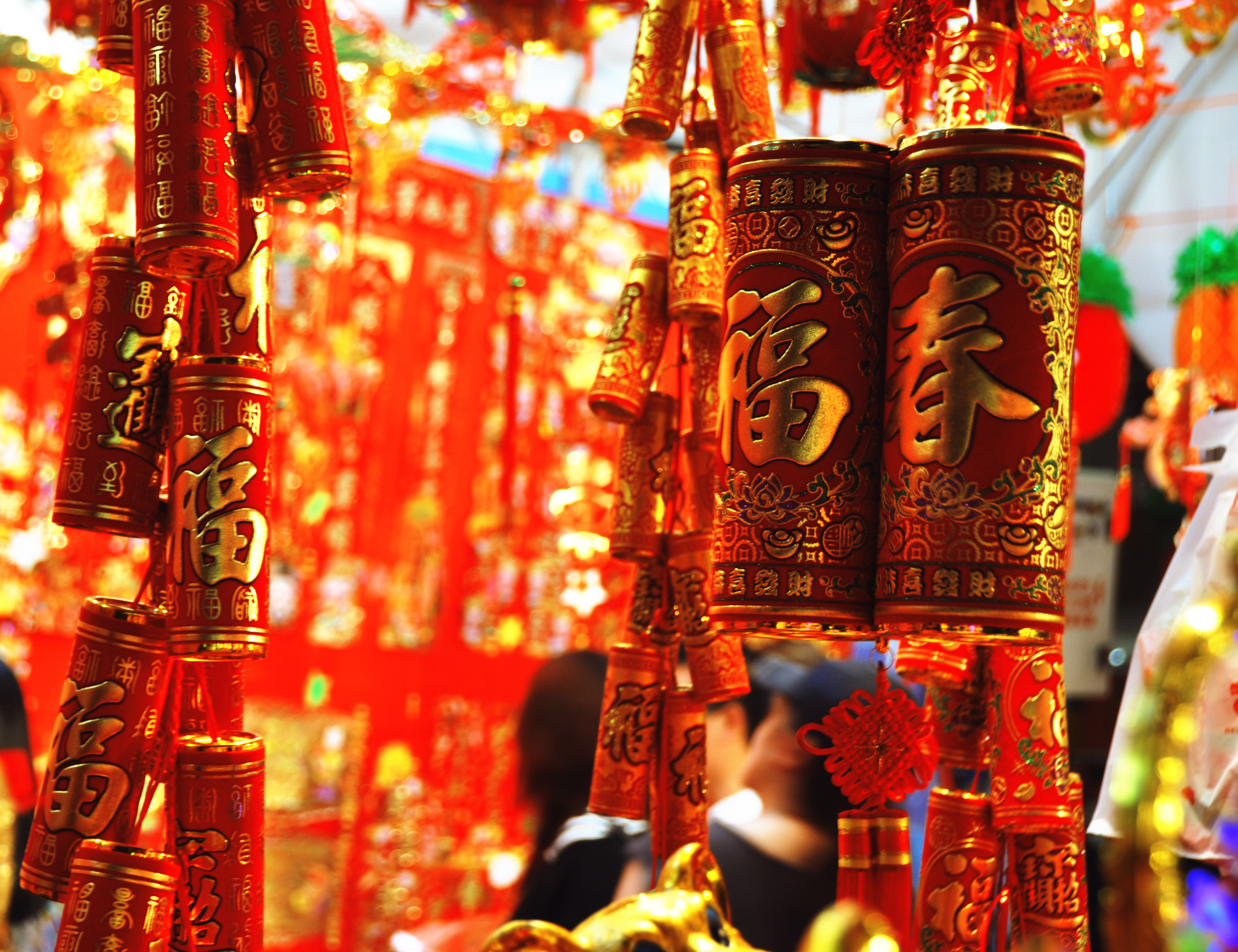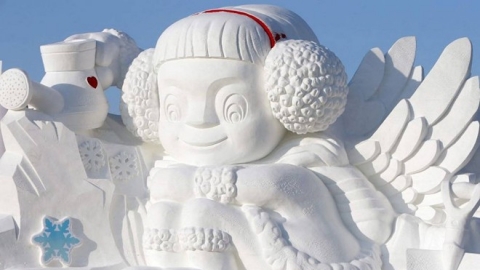Differences in dates
The Chinese New Year is calculated based on the alignment of the sun and moon, so it varies each year. The holiday typically falls between January 21st and February 20th in the Gregorian calendar. This year, the New Year holiday begins on January 27th and lasts for 15 days.
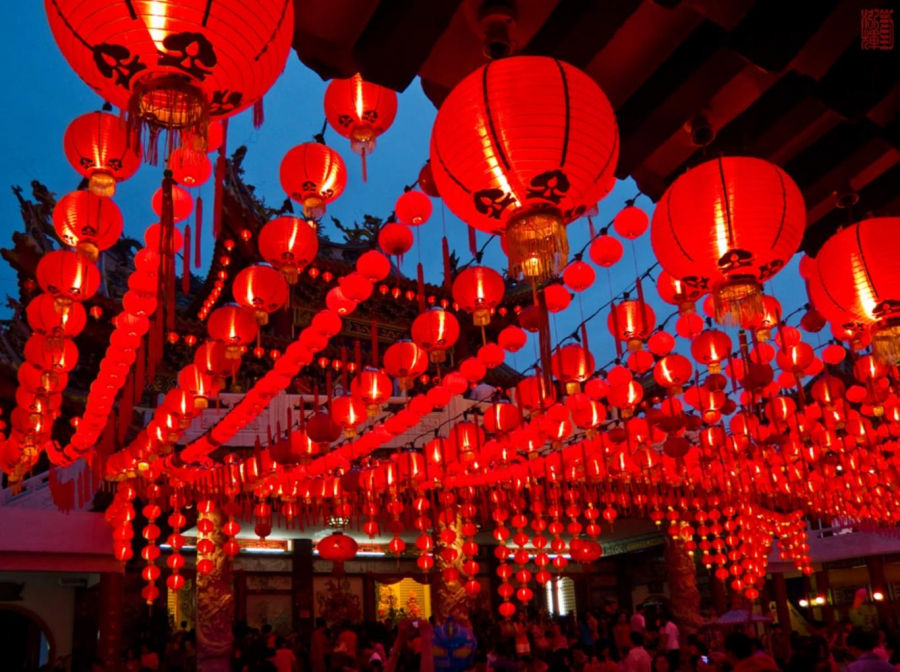
Calling Tet according to the 12 zodiac animals.
The Chinese typically use the 12 zodiac animals to name each year's Lunar New Year, including Rat, Ox, Tiger, Rabbit, Dragon, Snake, Horse, Goat/Sheep, Monkey, Rooster, Dog, and Pig. However, some Asian countries have certain differences; for example, Vietnam does not have a Year of the Rabbit, only a Year of the Cat.
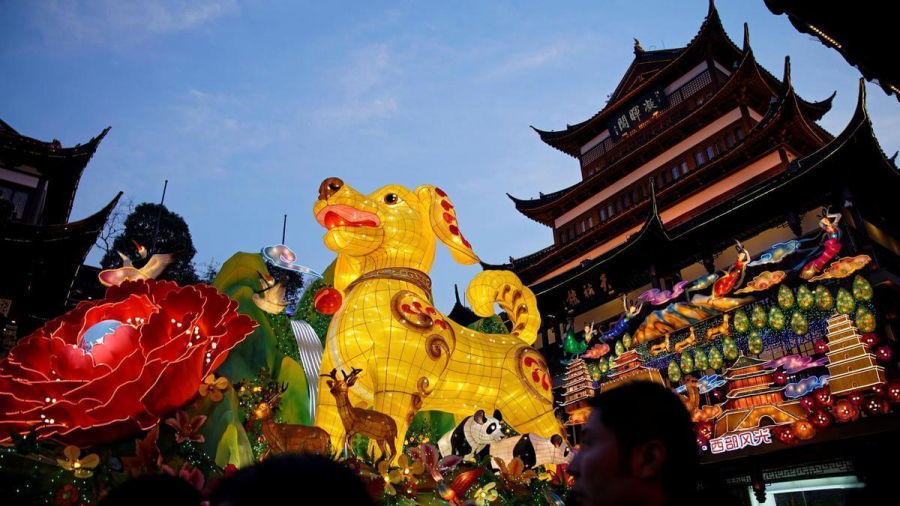
The world's largest "migrant" group.
Approximately 200 million people in mainland China travel long distances to return to their hometowns to reunite with their families during the Lunar New Year. An estimated nearly 3.5 billion trips are made during the 15 days of the Lunar New Year in China, a number unmatched by any other country.

The world's largest consumer of fireworks.
On New Year's Eve, the Chinese traditionally set off fireworks to bid farewell to the old year and welcome the new one. They believe the sound of the fireworks helps ward off evil spirits. Besides watching the fireworks, the Chinese also buy firecrackers to set off at home on New Year's Eve.
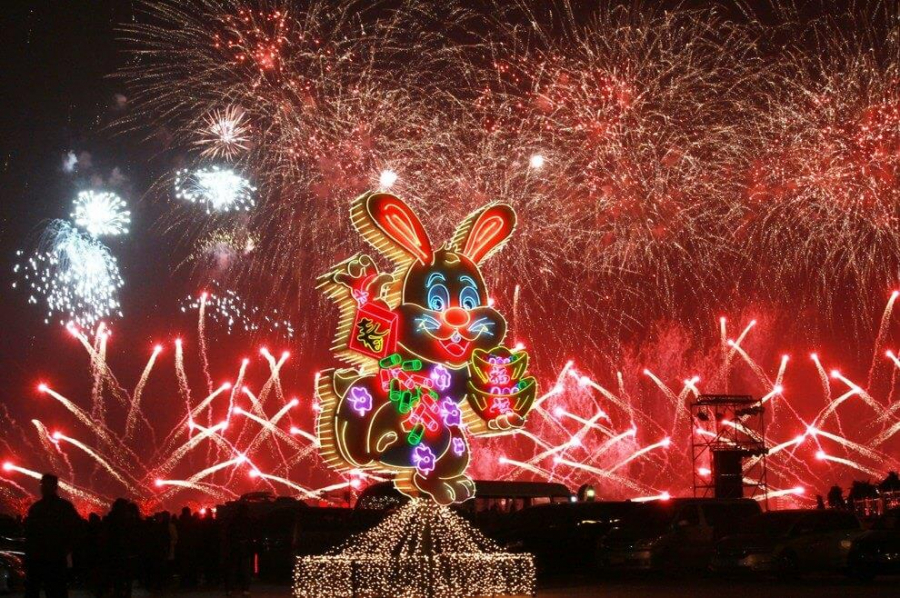
The lantern festival marks the end of the Lunar New Year.
On the evening of the 15th day of the first lunar month, Chinese people gather to eat, drink, and light lanterns. They write their wishes on the lanterns and release them into the sky. The Lantern Festival marks the last day of the New Year holiday.
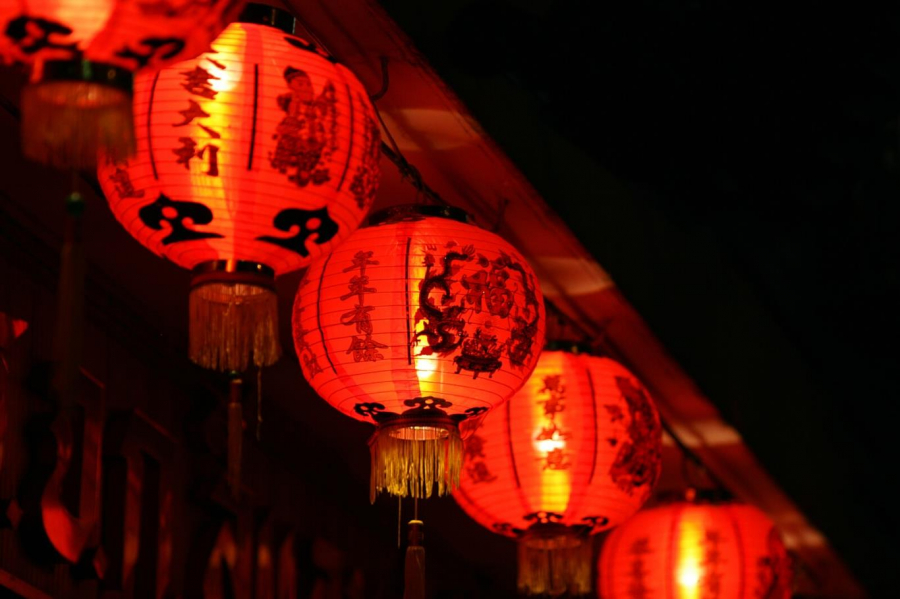
A schedule for each day
The Chinese New Year lasts for 15 days, each day having its own unique traditional customs. For example, the first day is for visiting elders in the family, the second day is for married daughters to return to their hometowns to visit their parents...
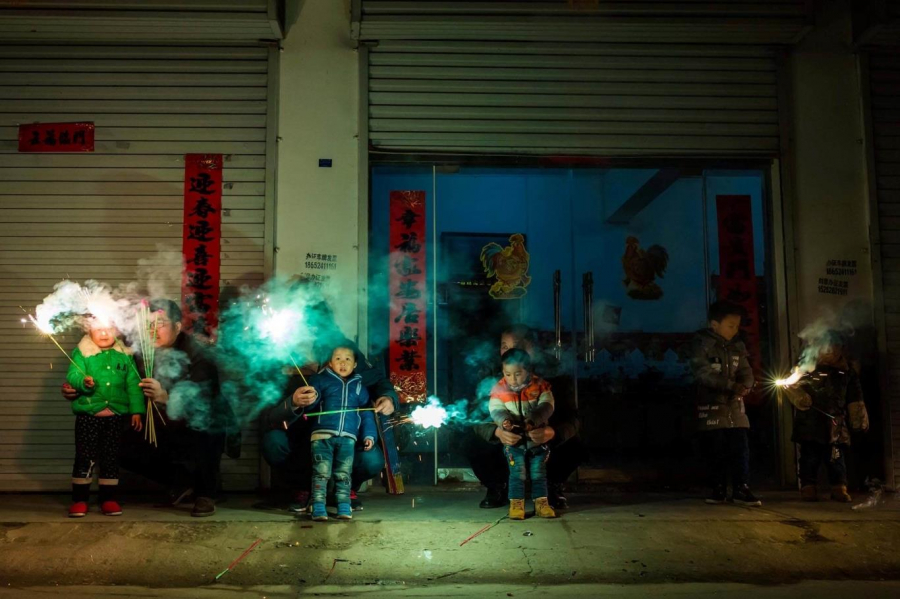
Do not take the medicine.
On the first day of the Lunar New Year, you shouldn't prepare or take herbal medicine because the Chinese believe that doing so will bring illness throughout the year.
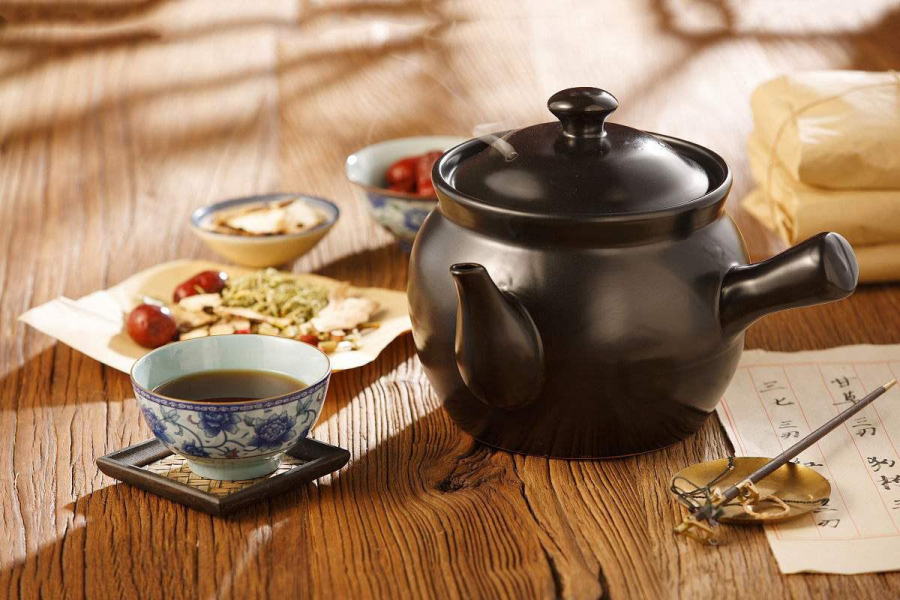
Pay off all debts before New Year's Eve.
If you borrow money from friends, you must repay the entire amount before New Year's Eve. Lending money on the first day of the Lunar New Year is also considered taboo.
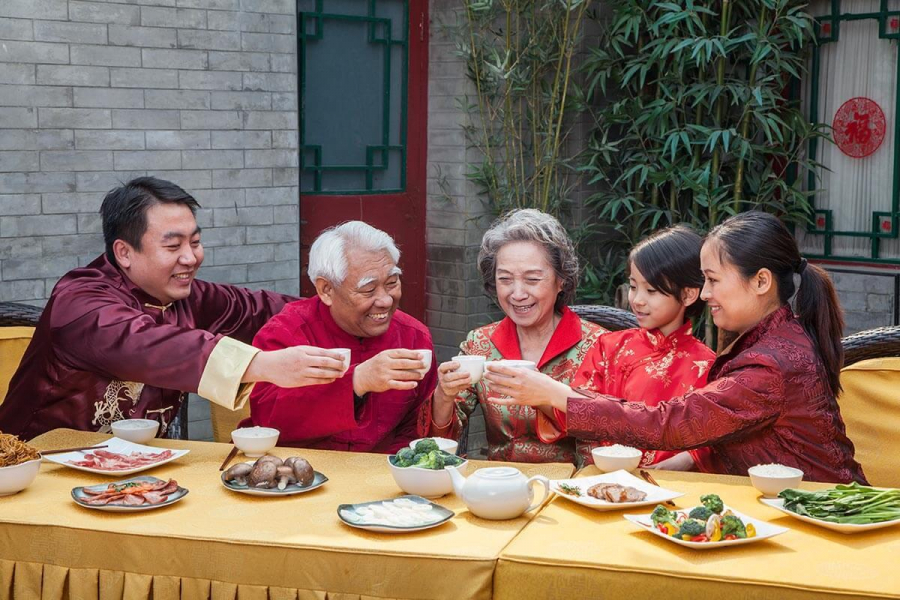
Avoid using knives and scissors.
It's advisable to avoid using knives and scissors in the new year to prevent misfortune. Accidentally injuring yourself or others is considered a bad omen for the year ahead.

Do not get a haircut on the first day of the Lunar New Year.
The Chinese believe that if you cut your hair on the first day of the Lunar New Year, your uncle will die.
This belief originates from the following story: Once upon a time, there was an orphaned barber who loved his uncle very much. For the New Year, the barber wanted to give his uncle a gift, but due to his family's poverty, he could only "give" him a new haircut for the holiday. Looking younger after the haircut, the uncle said it was the most meaningful gift he had ever received. He wished he could get a haircut every New Year.
After his uncle passed away, the barber missed him so much that he would weep uncontrollably every New Year. In Chinese, the phrase "missing uncle" (si jiu) sounds very similar to "uncle's death" (si jiu). Therefore, over time, the Chinese developed the custom of not cutting hair on the first day of the Lunar New Year.
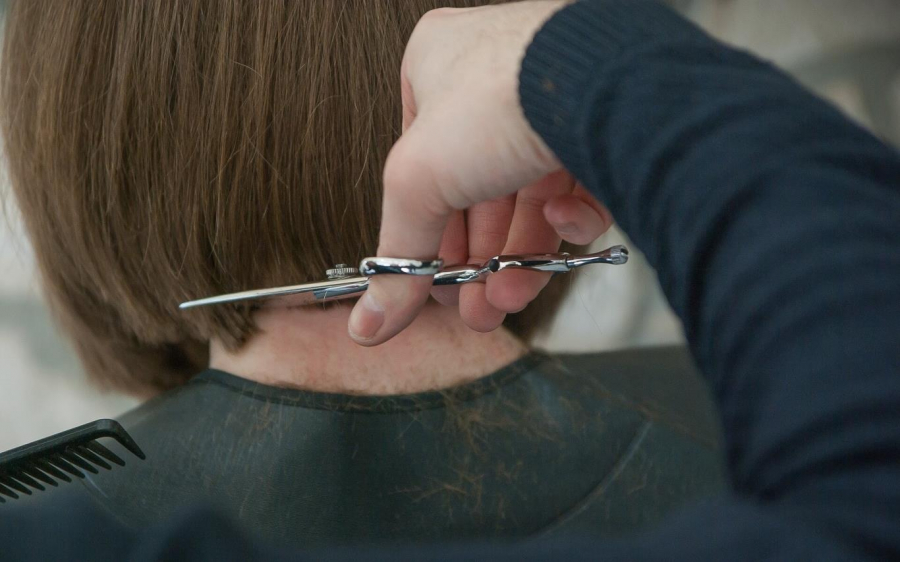

 VI
VI EN
EN



